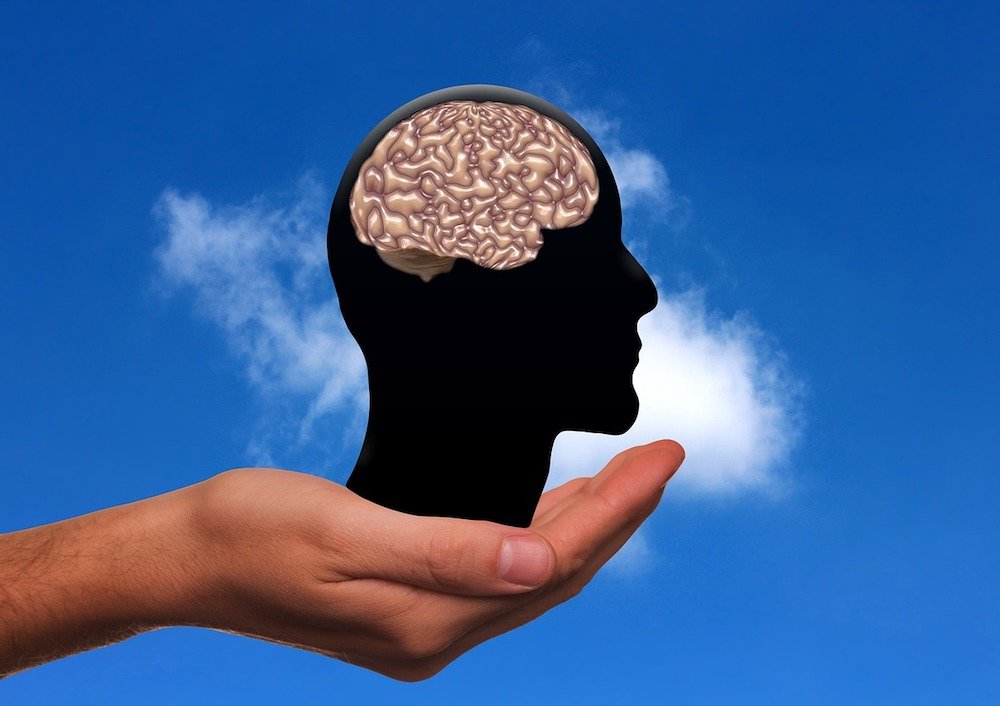We take a closer look at the possible connection between statins and dementia risk? Could the medication prevent the disease? Or does it cause memory loss?
Statins are a class of medication that lower cholesterol levels in the human body.
They block the enzyme responsible for making cholesterol in the liver.
This helps to reduce the risk of heart attack, chest pain, and stroke.
Additionally, some studies are now focusing on the use of statins and dementia risk.
Dementia has fast grown to become a healthcare concern around the globe. The disease already affects millions of people, and there are predictions that the numbers will double after two decades.
This means that the number of people who have dementia might rise to 74.7 million in 2025 and a whopping 152 million by 2050.
The fact that the disease does not have a cure does not help.
There was excitement when earlier studies revealed that there might be a connection between dementia prevention and statins use.
Later studies, however, did not draw similar promising inferences.
Experts continue to explore different avenues to introduce solid ways of preventing the development and progression of dementia.
While on this journey, researchers stumbled on the likelihood of statins reducing the risk of dementia. There are different types of statins that slightly differ from one another.
Some are also more likely to enter the brain than others.
Researchers claim that statins are instrumental when it comes to preventing and treating dementia, especially in middle-aged people.
Worth noting is that the results of one type of statin may not necessarily translate to another. This is because the drugs will regulate and prevent cholesterol metabolism in the brain.
Do statins have the potential to prevent dementia?

Although statins have the potential to prevent the development of dementia, there are still some concerns about the safety of the drugs that need to be addressed.
It is mostly due to the conflicting results that studies have concerning the association of dementia and the use of statins.
Some observational studies report that in some cases, the use of statins is associated with a decrease in the risk of Alzheimer’s disease (AD) and dementia, as well as improvement of cognitive impairment.
Other studies refute these findings stating that statin use is not related to the risk of dementia.
One of the studies that support the fact that the meds can help with dementia risk decrement base their results on the fact that elevated serum cholesterol and high-cholesterol diet are risk factors for dementia and coronary heart disease.
They further support the theory by stating that hypercholesterolemia can be deposited in the hippocampus part of the brain.
This causes degeneration of neurons, which results in Alzheimer’s disease.
Statins may come in to reduce B-amyloid formation, which is possible through decreasing harmful cholesterol levels.
Statins are known to have a stable homeostasis effect on the nervous cholesterol system.
This gets in the way of cholesterol synthesis which lowers the cholesterol levels; thus, preventing metabolism of the amyloid precursor protein
The connection between Dementia and Cholesterol

Research suggests a possible connection between dementia and high cholesterol levels.
This is important to study when looking at how statins and dementia relate. Cholesterol is a fatty substance present in the body’s cells and blood.
A doctor can measure a person’s cholesterol levels to determine if there are healthy or harmful levels in the bloodstream.
The body makes this substance naturally, and you can also consume it in certain foods.
Studies are seeking to prove the connection between dementia and cholesterol look at several ways that link these two.
Evidence, although scanty, shows that high levels of cholesterol in a person’s blood can increase the risk of a person developing dementia, especially during mid-life.
Furthermore, if you have high levels of cholesterol in your blood, there is a high chance that you have other factors that can cause dementia.
These include factors like diabetes and high blood pressure.
This implies that it is complex to separate cholesterol and dementia.
Investigations are also going on to determine the role that cholesterol plays in the brain to lead to dementia development.
Statins and Memory Loss

When discussing statins and dementia, it is also important to talk about memory loss as one of the side effects of medications.
A section of patients who have high cholesterol has been on record saying that they experience memory loss while taking the meds.
This led the FDA (US Food and Drug Administration) to update statins safety information to include confusion, forgetfulness, and memory loss as possible side effects or risks.
Researchers have done several tests about this, but to date, there is still no evidence that statins are responsible for memory loss.
Researchers from John Hopkins Medicine in 2013 took to examine 41 studies to uncover the link between memory loss and statins.
All the studies followed 23,000 women and men who did not have any history with memory problems for about 25 years.
The professionals did not pick up on any evidence that supports the notion that statins cause loss of memory.
Note that the percentage of people on statins who had memory issues was not significantly different from those taking other medication that helps to lower cholesterol.
Instead, analyzing those studies revealed evidence that long-term use of statins may protect people against dementia.
Experts believe that some dementia types are brought about by blockages in the blood vessels that supply the brain with blood.
Taking statins can help to reduce some of the blockages.
Cognitive Function and Statins

To further understand the relationship between statins and dementia, you must note that cholesterol is essential for brain function.
Around 25% of the body’s cholesterol is present in the brain. This helps with membrane function. It is possible that inhibition of cholesterol synthetic pathways theoretically results in adverse neurocognitive effects.
Statins might reduce cholesterol synthesis in a person’s brain; hence, interfere with myelin function and formation.
On the other hand, statins can also induce a decrease in coenzyme- Q10 levels, which may result in weakened mitochondrial functioning, as well as an increase in oxidative stress, which can also affect cognition.
Statins may as well have an impact on cholesterol levels.
Can Statins Reduce Risk of Dementia after Concussion

JAMA Neurology published a study that suggests the use of statins reduces the risk of dementia in older adults after a concussion.
Researchers in this study evaluated billing data from physicians from the Ontario Health Insurance Plan.
They combined this with computerized health care records for dementia risk after a concussion in seniors over 66 years with and without statins use.
The population that took part in the study were older people who had experienced a concussion without a diagnosis of severe brain injury.
After thorough investigations, it revealed that the use of statins reduces the development of dementia by 13% when compared to the persons who were not on the medications.
An increase in prior hospitalization, physician visits, urban home location, total prescriptions, lower socioeconomic status, and older age were factors considered to increase dementia risk.
The experts also noted that other medications that participants took did not make a difference in the reduction of dementia risk. The meds did not make things better or worse.
Statin was the only exception among the other cardiovascular and lipid-lowering medicine.
Because there are different types of statins, deeper analysis showcased that Rosuvastatin was responsible for the largest reduction risk while simvastatin had the opposite effect (smallest reduction risk).
There was a correlation between the time participants took statins with higher/lower benefits, but the dosage did not affect the results.
Researchers in this study concluded that although elderly individuals have a higher dementia risk after suffering a concussion, there is a modest reduction in the risk of dementia for the persons who receive a statin.
Clinical Trials on the Use of Statins to Reduce Dementia Risk

Studying statins and dementia demands looking into suitable clinical trials that can either support or refute the claim that statins are beneficial for reducing the risk of dementia.
There are multiple clinical trials in medical databases that compare administering statin as a pretend medicine or placebo to individuals with normal cognitive function and those who are at the age where they risk getting dementia.
Many trials did not show a reduction in the occurrence of dementia in people who use statins or placebo.
Side effects were also low in both groups.
It is, however, impossible to give accurate results of the trials because several limitations exist in these studies to provide proper results.
Researchers will, nonetheless, continue to improve these trials so that in the future, they can give an adequate deduction as to whether or not the use of statins can help with the prevention or treatment of dementia.
Statins and Dementia Closing Thoughts
The topic of the use of statins and dementia is COMPLEX. There is a need for more research to give conclusive results on how taking the medications can help reduce the risk of dementia.
In the future, experts may be in a position to identify individuals who can benefit from the use of statin based on genetic profiles of other factors of dementia risk.
For now, medics recommend that people follow healthy lifestyles first and foremost.
This includes regular exercise, eating well, and getting quality sleep.
The aforementioned are some of the ways that can help to reduce dementia risk.

